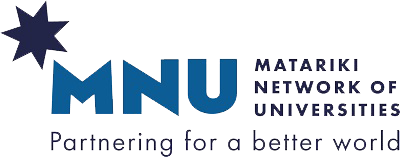Global Citizenship at Durham
Global Citizenship at Durham

Like other MNU members, Durham University is involved in a wide range of activities relating to global citizenship; examples of some of these activities are provided below (though this is not an exhaustive list).
STUDENT EMPOWERMENT AND ENGAGEMENT
Ustinov College Global Citizenship Programme:
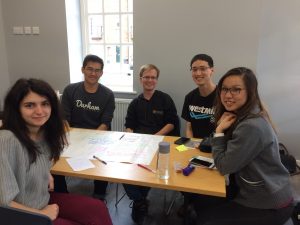
Ustinov College is Durham University’s postgraduate residential College. Its Global Citizenship Programme offers specific project and leadership roles for students, as well as the opportunity to develop and lead new initiatives – from seminar series, workshops, film clips or publications, to outreach projects, cultural events, and academic conferences. It allows students to pursue their own interests and develop leadership and interpersonal skills – and to subsidise their living costs during their studies through accommodation awards.
Student Community Action (SCA):
SCA is a student-led, community-focused organisation. It responds to the needs of the local community and offers unique volunteer opportunities to Durham students. Students can get involved by participating in a project as a volunteer or leader, standing for election to the student executive committee, or representing SCA Volunteering in their college. SCA’s wide range of projects are all dreamt up by students, started up by students, and managed on a daily basis by students. They include work with children, the elderly and animals, with local schools, prisons and care homes, and projects supporting other students within the university community.
Team Durham Community Outreach:
Team Durham believe that university sport has a pivotal role to play within the community and bring the sport into volunteering. Volunteers work with all the local Durham schools delivering sports classes, as well as with adults in rehabilitation, with learning disabilities or with mobility issues. Team Durham also offers students the opportunity to volunteer internationally during the summer as part of the Sport in Action Zambia project.
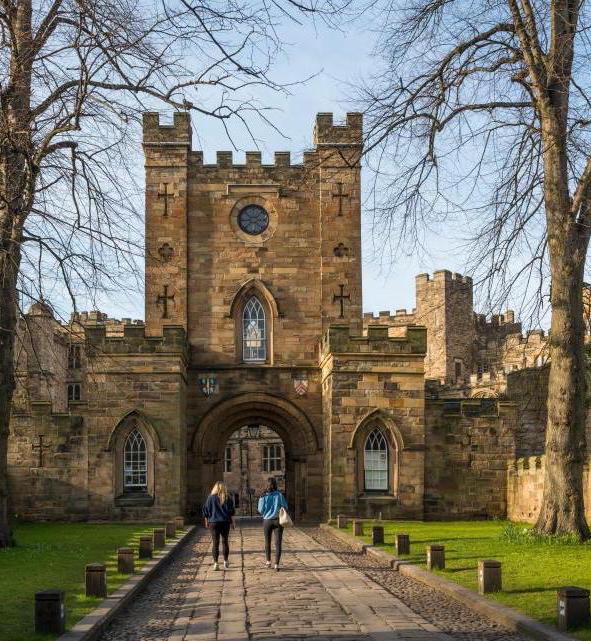
EDUCATION
Durham Castle Lecture Series:
Now in its fifth year, the Durham Castle Lecture Series, organised by University College, is devoted to bringing high-profile speakers to Durham who can contribute to academic and public discussion on issues of global significance.
Inside Out Prison Exchange Programme:
All third year criminology undergraduates and some Masters students have the option to complete a credit-bearing criminology module as an Inside-Out course within prison. Inside-Out is a model of teaching whereby a group of ‘Outside’ (university) students go in to prison each week to be taught alongside and as equals with a group of ‘Inside’ (prison) students, completing the same readings and assessments. Together students explore issues of criminal justice with the aim of creating a transformative learning experience through critical thinking, collaborative problem solving and group work, whilst challenging the pre-conceptions that they and their peers may previously have held. The concept was founded by Temple University in Philadelphia in 1997 and has now spread to over 37 US states, to Canada, Australia, and to the UK, with Durham University establishing the first Inside-Out programme in Europe in 2014.
MA Intercultural Communication and Education:
The MA Intercultural Communication and Education develops critical understanding of education and intercultural communication in the context of global movements of people and the internationalisation of education. The programme provides students, educators, and policy makers with resources for reflecting on and responding to the growing need for intercultural education and communication in an increasingly intercultural/international world.
IEREST: Intercultural Education Resources for Erasmus Students and their Teachers:
Durham’s School of Education was one of the partners in this Erasmus Multilateral Project (2012-15), aimed at developing an Intercultural Path (a set of teaching modules) to be provided to Erasmus students before, during, and after their experience abroad, in order to encourage learning mobility and to support students in benefiting as much as possible from their international experiences in terms of personal growth and intercultural awareness.
RESEARCH
Centre for Social Justice and Community Action:
The Centre for Social Justice and Community Action is a research centre made up of academic researchers from a number of departments and disciplines and community partners. Its aim is to promote and develop research, teaching, public/community engagement and staff development (both within and outside the university) around the broad theme of social justice in local and international settings, with a specific focus on participatory action research. The Centre’s Participatory Research Hub matches up Durham University researchers with organisations and community groups who want to do research together.
Researching Multilingually at the Borders of Language: the Body, Law and the State:
This international research project, funded by the UK’s Arts and Humanities Research Council, aims to research interpreting, translation and multilingual practices in challenging contexts (e.g. the asylum seeking process and refugee resettlement), and while doing so, to evaluate appropriate research methods (traditional and arts based) and develop theoretical approaches for this type of academic exploration.
Low Carbon Energy for Development Network (LCEDN):
The LCEDN was launched in January 2012 and is an initiative of the Durham Energy Institute (DEI) and the Midlands Energy Consortium (MEC). It brings together researchers, policy-makers and practitioners from across the United Kingdom to expand research capacity around low-carbon development in the countries of the Global South.
Holmes, P. and Bavieri, L. and Ganassin, S. and Murphy, J. (2016). Interculturality and the study abroad experience : students’ learning from the IEREST materials. Language and intercultural communication.
ABSTRACT: This study investigated how a ‘while abroad’ (IEREST) intercultural experiential learning programme (i) encouraged mobile student sojourners to explore the concept of ‘interculturality’; (ii) promoted their intercultural engagement/communication during their stay abroad; and (iii) invited them to reflect on their own (developing) interculturality. As students demonstrated their intercultural learning and perspectives, how did they (re)interpret and (re)construct the IEREST learning materials? Data drew on questionnaires, reflective journals, and focus groups from two groups of mobile university students (in Italy and the UK). The outcomes offer implications for intercultural learning and training in the study abroad context, materials development, and further research concerning student mobility and intercultural education in other contexts.
LATEST POSTS FROM DURHAM
CONTACT DETAILS
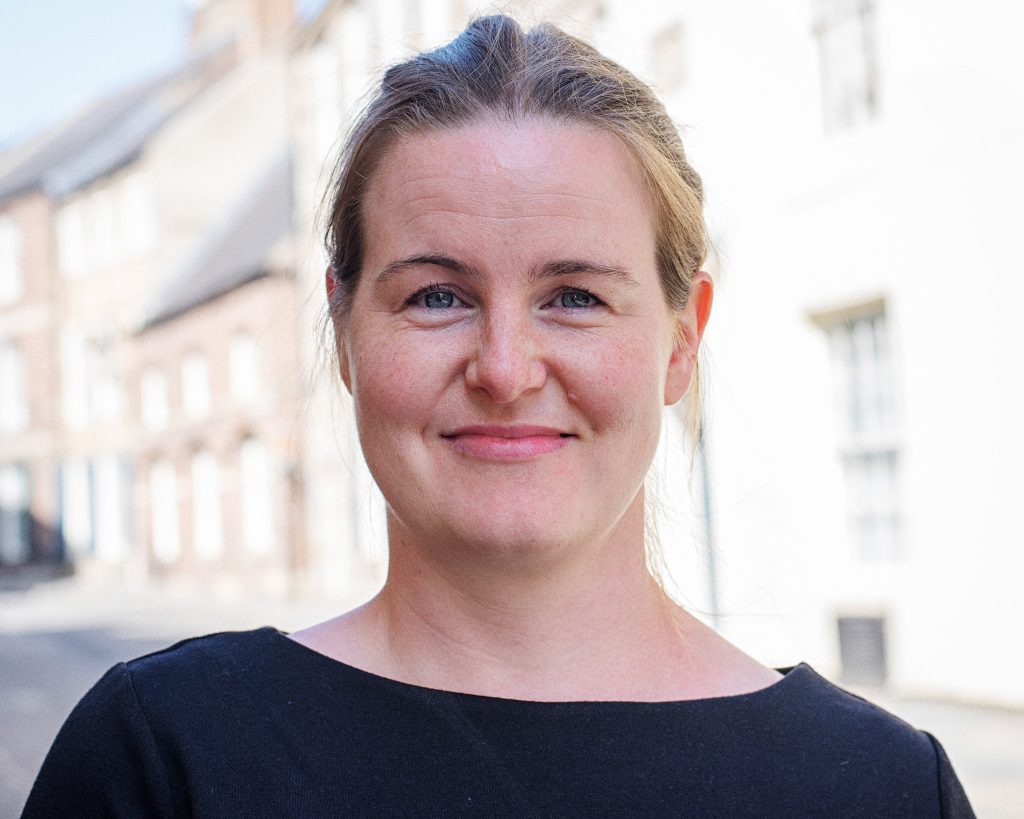
Academic liaison:
Dr Rebecca Bouveng
Senior Tutor, St John’s College, Durham University
https://maps.google.com/maps?q=Durham%20University%20Uk&t=m&z=6&output=embed&iwloc=near
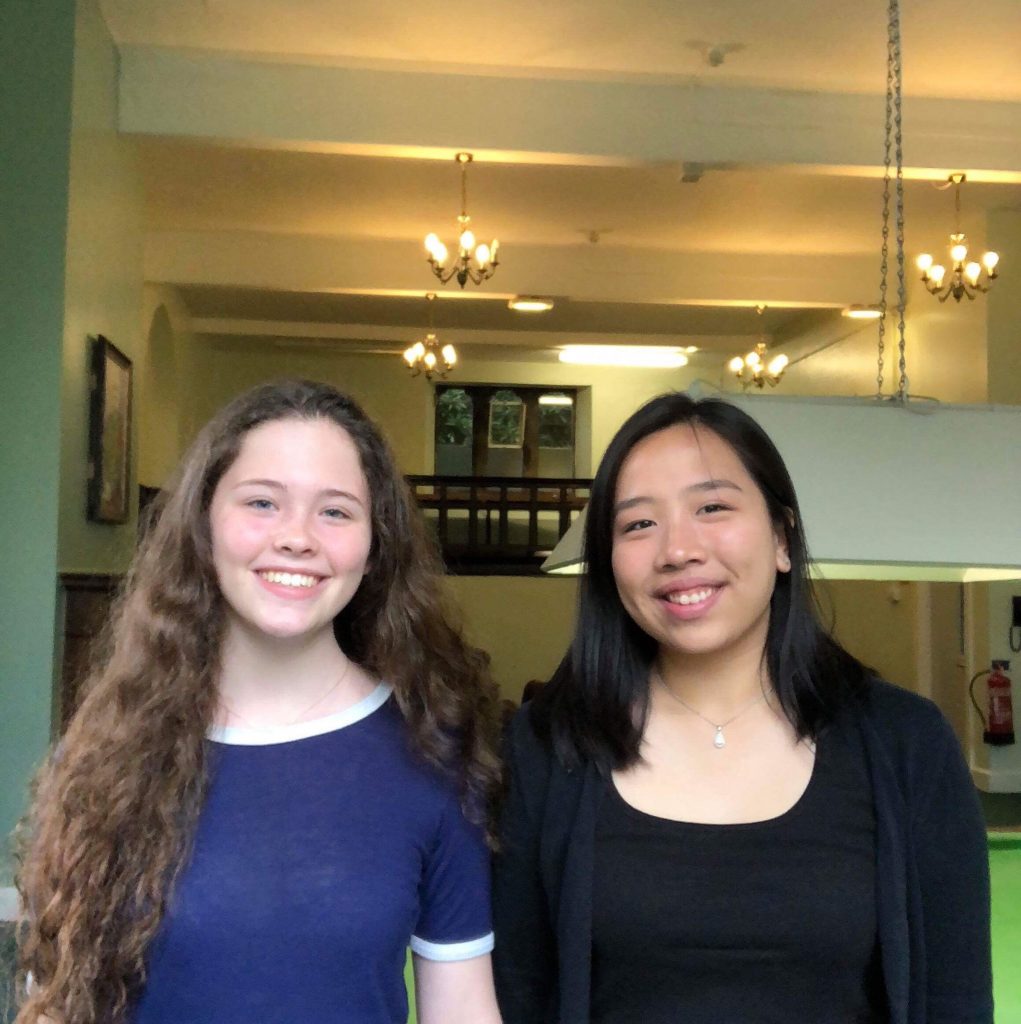
Student ambassadors:
Madigan Copley (left)
Second Year History and Spanish, College of St Hild and St Bede, Durham University
Aileen Editha (right)
Final Year Law, Collingwood College, Durham University
